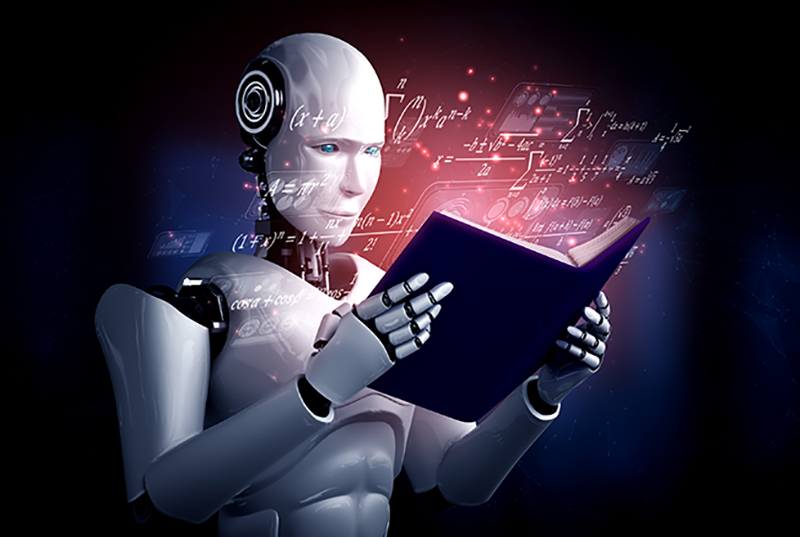Introduction:
The remarkable advancement in Artificial intelligence (AI) technology is undoubtedly one of the most important moments of our technological age. Among the many areas affected by this advancement, education is a key benefit.
Integrating artificial intelligence into our learning process is revolutionizing the way students deliver and process learning content. This not only replaces the power of teaching, but also strives for innovation, personalization and more effective learning.
AI-supported teaching and learning design has become a revolution. This system adapts to each individual’s learning pace and style, providing specific instruction and feedback to overcome the limitations of traditional classrooms.
Additionally, AI-powered technology can help teachers work for management. Student attendance, grading and performance evaluation now save more time thanks to smart algorithms. Teachers can focus on interactive sessions, lesson design, and the needs of their students.
However, the ability of artificial intelligence in education is more valuable in the field of practicality. It creates many learning opportunities for students with special needs. For example, AI-powered systems can convert text into speech to help visually impaired students understand content effectively.
Incorporating artificial intelligence into education can also help with predictive analysis, identifying learning gaps and predicting future careers. It helps organizations make informed and timely decisions.
However, since we benefit from the many benefits that intelligence brings to education, we should not ignore its morality. Concerns about data privacy, digital divide, and over-reliance on technology require monitoring and management.
Conclusion:
The impact of intelligence on education is far-reaching and potentially great. As we move to an increasingly digital and personalized learning environment, the integration of artificial intelligence into education will continue to enhance our education in unprecedented ways.

